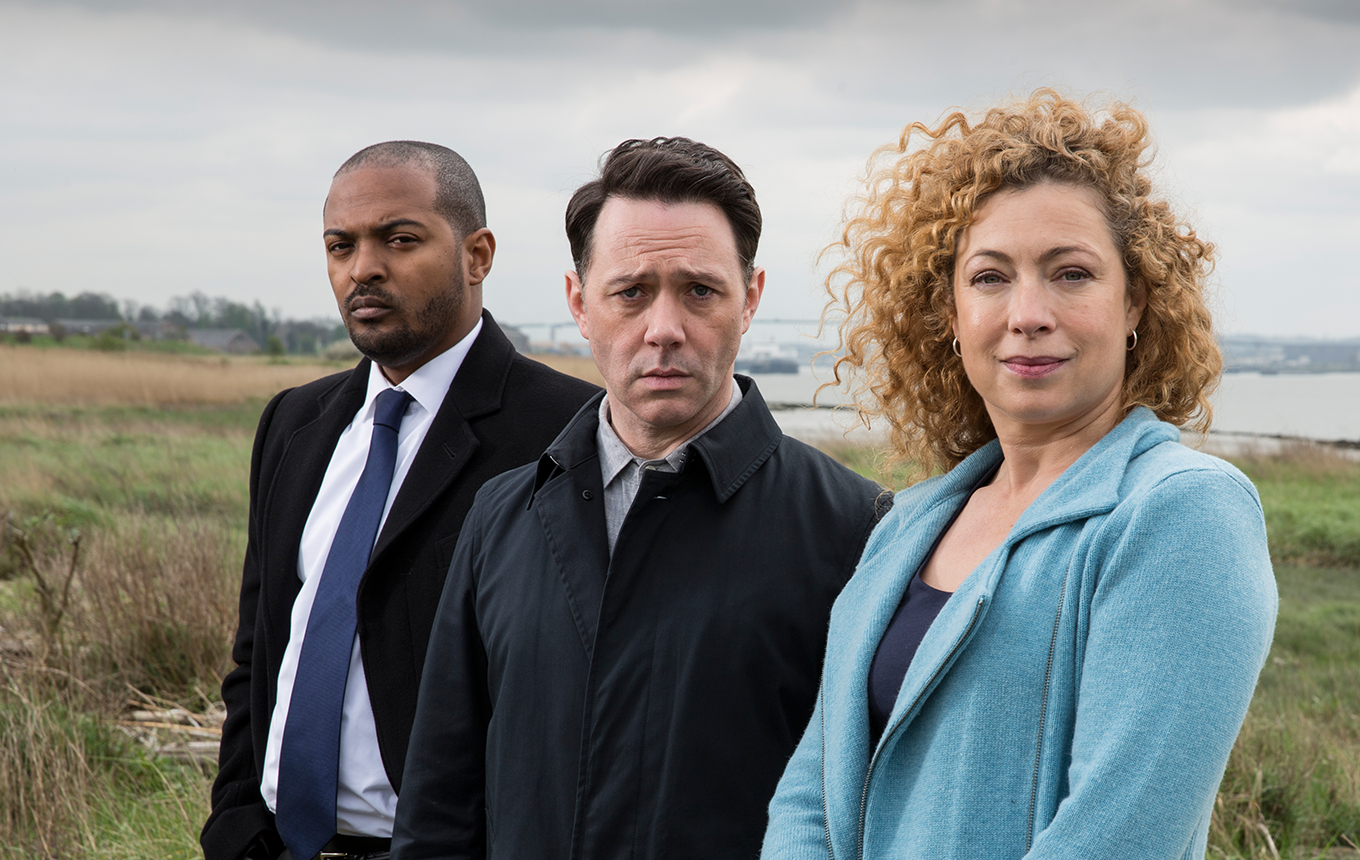In ‘The Lost Honour of Katharina Blum’, Heinrich Boll’s
eponymous heroine has a romantic encounter with a man who is wanted by the
police, is vilified by the tabloid press and shoots the reporter responsible;
summary justice of the kind not advocated by the Leveson Inquiry. Writer Peter Morgan draws parallels between
the fictional victim of press intrusion and Christopher Jefferies, who was an
early suspect in the December 2010 murder of landscape architect Joanna Yeates. There are two crucial differences to Boll's
story, however. One is that Jefferies was an
entirely innocent victim and the second is that the press used his unusual
appearance and other personal lifestyle choices as indicators of deviant
tendencies.
Real-life reconstructions are hazardous. Where and how are lines of taste drawn? There has been criticism of the focus on
Jefferies rather than on Jo Yeates, whose life wasn’t just changed but ended in
December 2010. Was it appropriate to use news
footage of Ms. Yeates’ parents as they appealed to the public to help find
their missing daughter? ITV chose to
show this drama over three hours on two consecutive nights (with multiple ad
breaks) and at times, in a purely dramatic sense, it plodded along. Jason Watkins as Jefferies gives a career-high
performance as the man whose combover almost landed him in the dock, but there
was a definite sense of Morgan and Roger Michell, the director, trying too hard
to portray him as the Great English Eccentric, who inspired devotion in
ex-pupils and whose curmudgeonly tendencies disguised a warm and noble heart. Jefferies may be the sort of person whose
bakery gives him free loaves for a month in order to lure his return as a
customer, but highlighting this made it dangerously close to the black/white
character summaries of which the press is so often guilty.
In case we were in any doubt, there was Steve Coogan’s
fictionalised meeting with Jefferies while waiting to appear before the Leveson
Inquiry, in which they discussed press intrusion, but for us (well, not for
Dan, whose recurring nightmare is in fact being wrongly imprisoned) this got to
the real heart of the matter. Is it
justifiable to invent a meeting in a drama based on a real-life case that is
all about truth, distorted interpretations of the truth and downright
lies? The only dramatic point that this
scene made was not that Jefferies’ appearance drew suspicion upon him, but the
fact that he was not a celebrity: Coogan’s wild coiffure wasn’t even remarked
upon. What was referred to in the drama
as the renowned English tolerance, even celebration, of eccentrics seems more
to us like western society’s double standards.
Howard Hughes (and perhaps also the late Michael Jackson) minus millions would be less a figure of mystery than a
hospital inmate. The press tend to draw
characters around the plot, describing any victim as the most promising, loved person
cut down in their prime or before they could flower, and any culprit as having
shown obvious signs of cruel and criminal intentions in their introvert
behaviour or choice of sombre reading material.
Jefferies was a victim of our sensation-seeking, which essentially
encourages journalists to appeal to mass ignorance. Ironically, as a committed teacher, it’s
something he’s battled against for most, if not all, of his career.




























